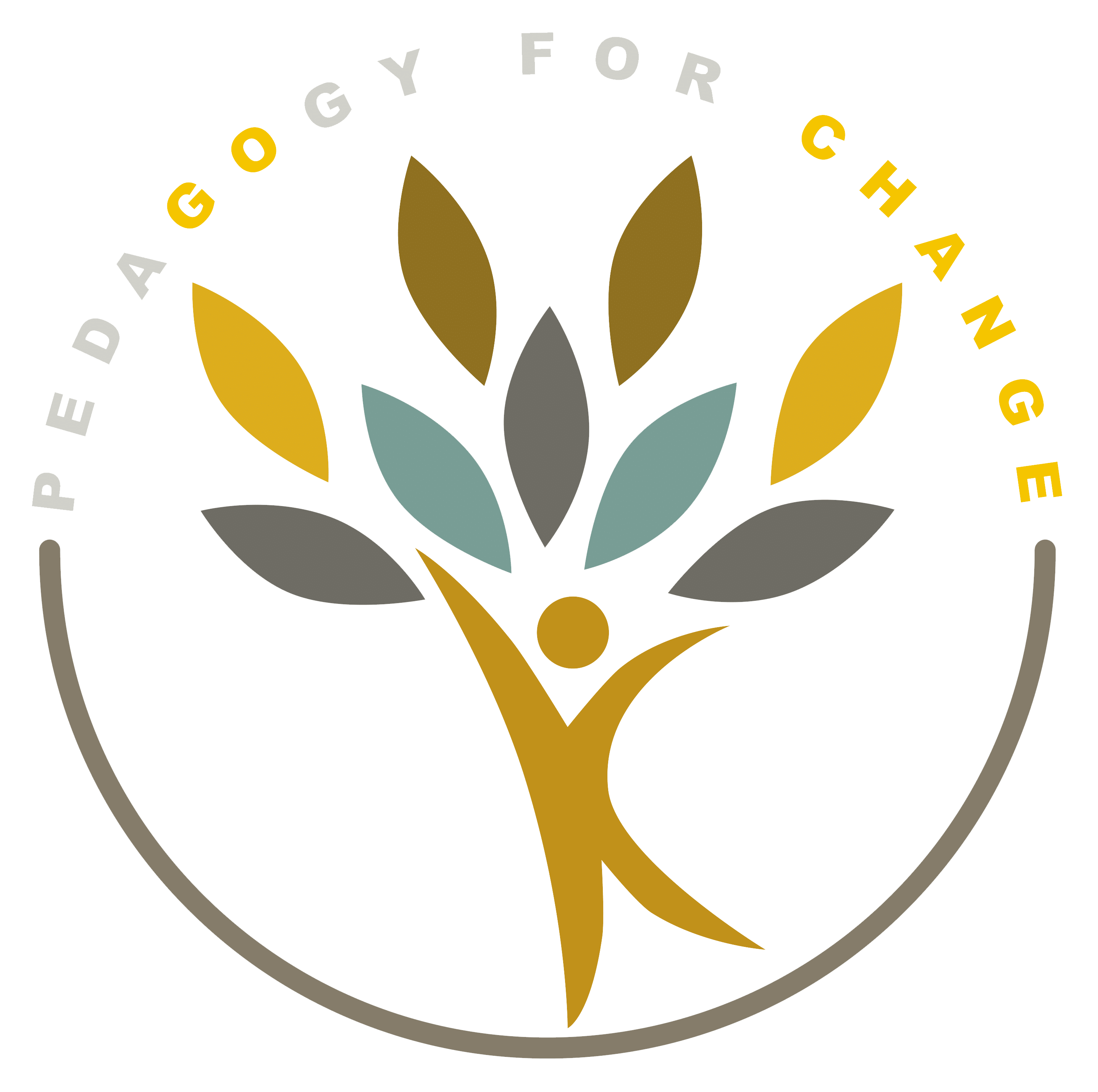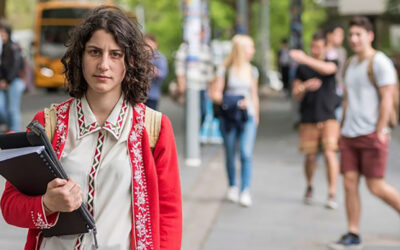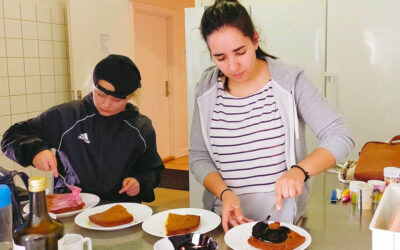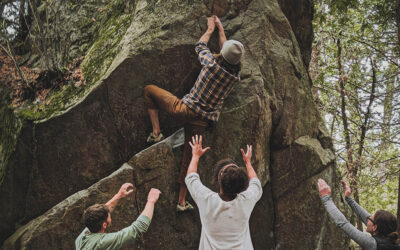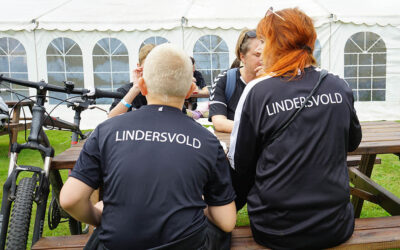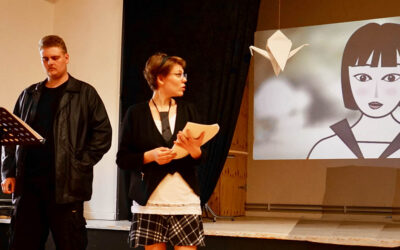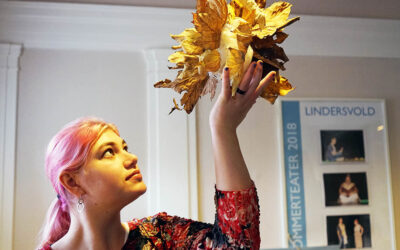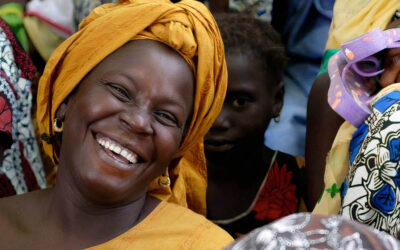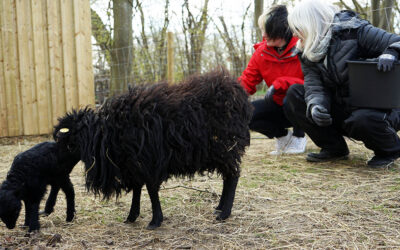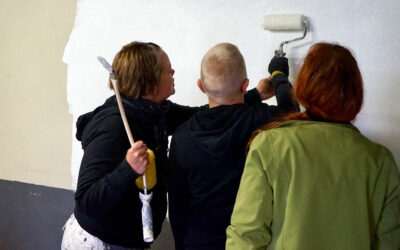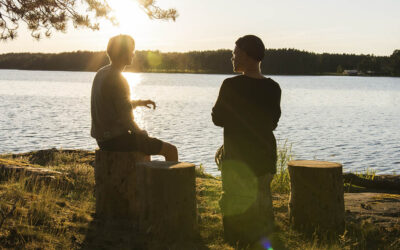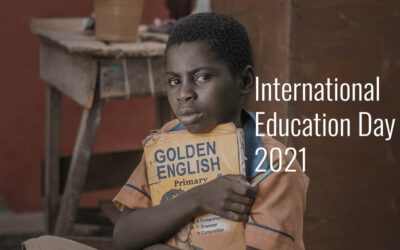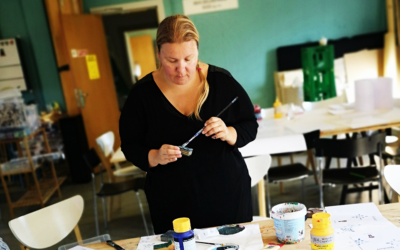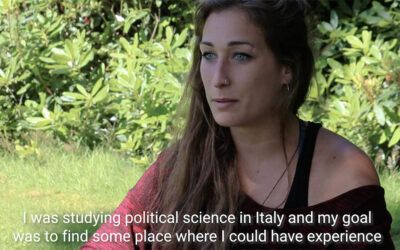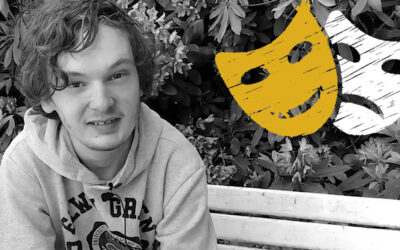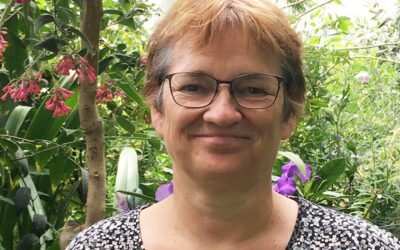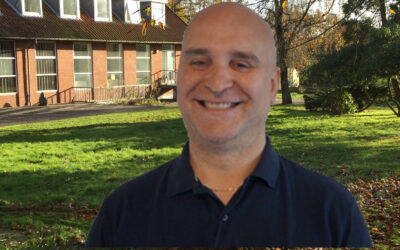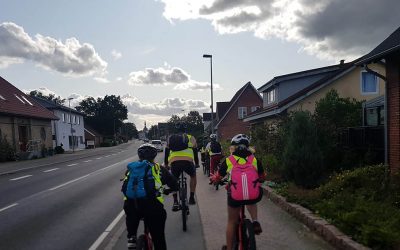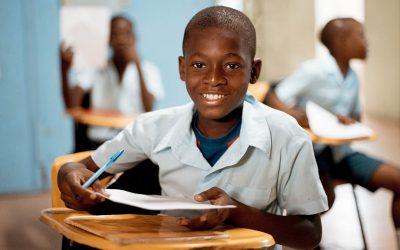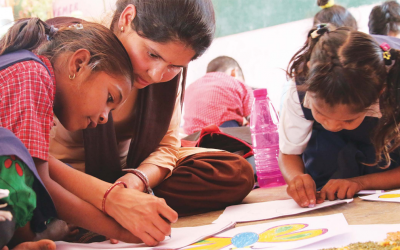Blog posts about what we do
How to tackle intolerance
Being an active bystander means becoming aware that inappropriate or even threatening behaviour is going on and choosing to challenge it. Collective action is the way forward.
Mónica shares her experience
Mónica just finished the Pedagogy for Change programme and we asked her to share some of her considerations and main takeaways from her experience of practising and studying social pedagogy in Denmark.
“Zone of Proximal Development” exemplified
In this blogpost, we exemplify how the theory of the “Zone of Proximal Development” can be implemented in real life when working in the field of social pedagogy.
Social Pedagogy in Denmark
Scandinavian social pedagogy is known for its holistic practice which combines “head, heart and hands” – theory, empathy, and practice. A core value is respecting the individual’s rights.
Learning through theatre
Theatre is an important pedagogical tool which provides an opportunity for us to explore realms and realities outside of the classroom, without having to travel.
Artful expression in pedagogy
Art is a pedagogical tool which provides an opportunity for everyone to work with open-ended solutions rather than striving for conventional error-free essays or science reports.
Let’s go to Malawi!
We are working on an extension of the Pedagogy for Change programme where participants can join sustainable development projects in the Global South, after their 12-month course.
The Common Third
Creating an authentic learning space through a truly interesting, shared activity, is highly beneficial. The Common Third works as an ‘equaliser’ and is an important pedagogical tool.
Social learning in practice
We are social beings and therefore learning is an intrinsically social process. Learning takes place in many kinds of arenas, some of them arranged, where we interact with others in different contexts.
Inclusive Communication: 10 tips
Inclusive communication means sharing information in a way that everybody can understand for example people on the autism spectrum who need clearness and unambiguity.
Education cannot wait
Under the theme ‘Recover and Revitalise Education for the COVID-19 Generation,’ we reiterate our commitment to stand alongside national governments in delivering education to all.
Pedagogical Principles – an artistic expression
Graphic designer Eike Einmann designed 10 posters to represent the main pedagogical principles that lay the foundations of “Another Kind of School”.
Greta: “Let’s grow, together”
Greta was looking for community based opportunities after completing her studies in political science. She gained valuable hands-on experience by encountering Danish & Malawian culture.
Drama as a pedagogical tool
A theatre project is an excellent way to bring people together, unleash hidden talents, strengthen self-esteem and build community through a creative process.
Helle at Bogense Care Home
Helle works in a care home in Bogense. She has experience with international development as well as social education work. In this blog post she talks about what kind of work the care home does.
Giampaolo at Helios Free School
After completing the 24 month Pedagogy for Change course, Giampaolo went on to continue a life of teaching in Denmark, taking on new challenges and adventures. Read his story here.
Experiential Learning
Helios Free School is situated in Holsted in southern Jutland, approx. 100 kilometres from the German border. The teachers at the school take their students on expeditions to experience reality.
Needed: 69 million teachers
Teachers worldwide are doing a fantastic job to provide quality education despite the pandemic. However, over 69 million new teachers are needed in the near future.
Educators of the 21st Century
A new generation of well-educated, dedicated and unflinching educators are very much in need. Advances in technology may be great, but cannot replace passionate role models.
